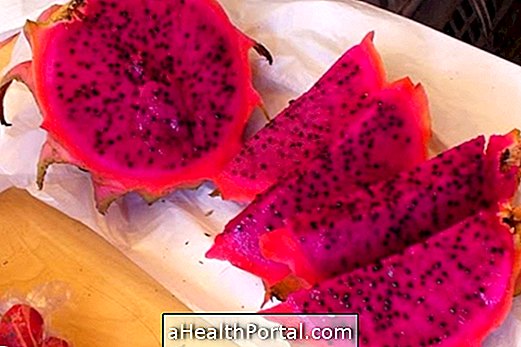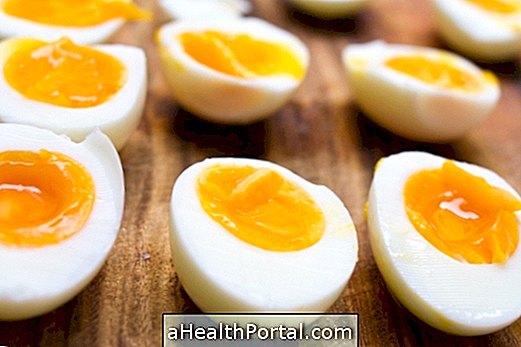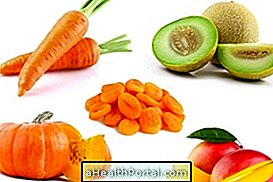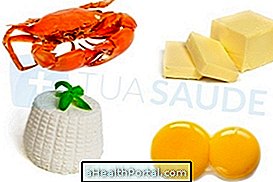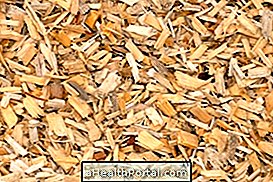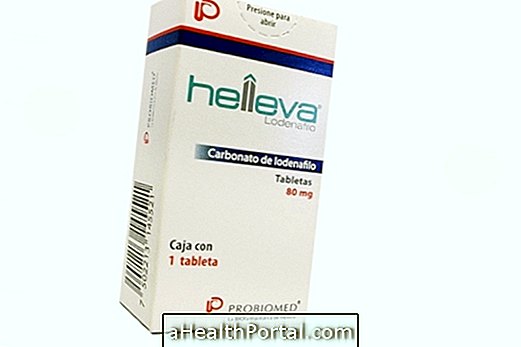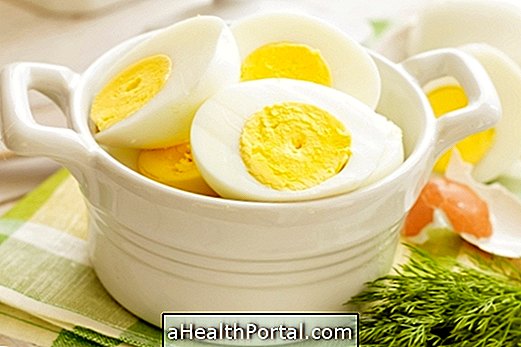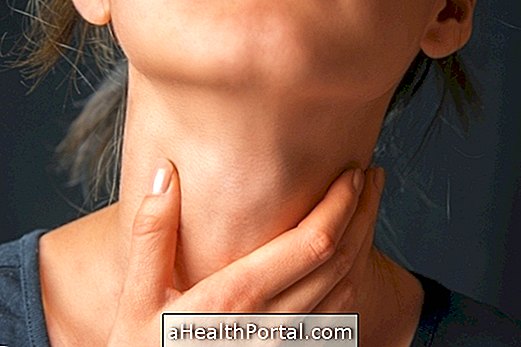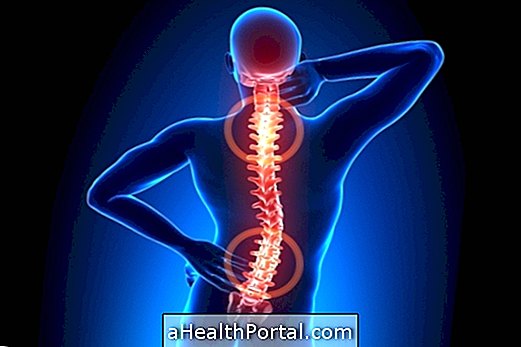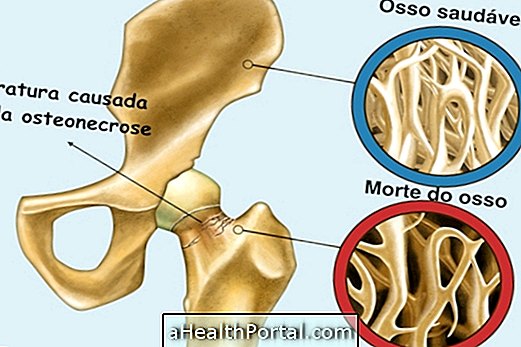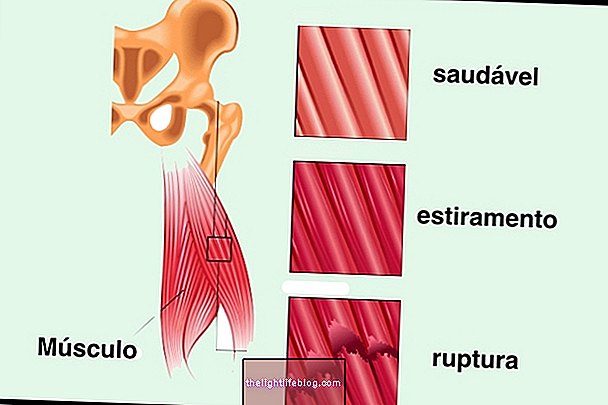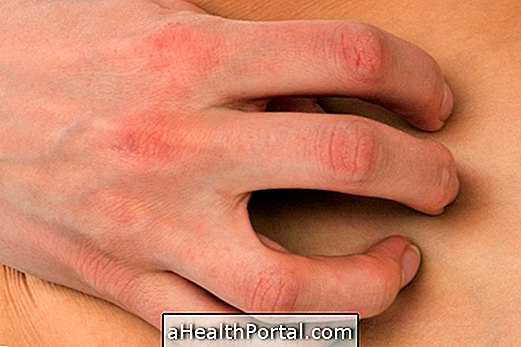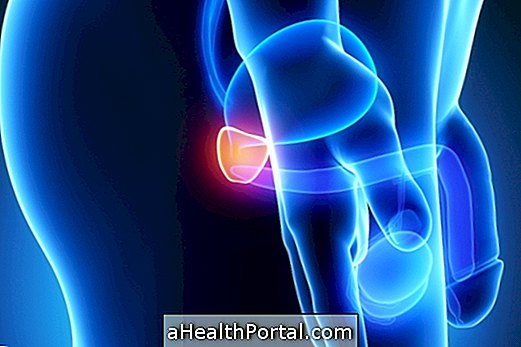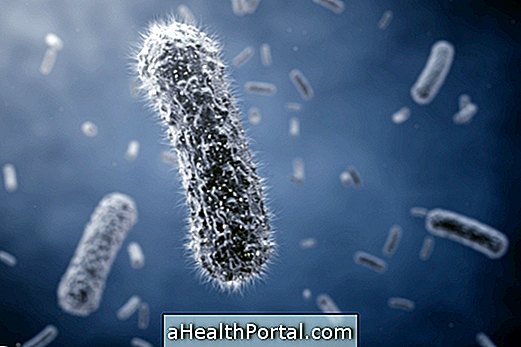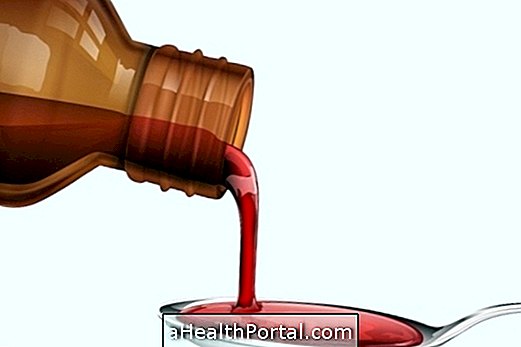Zinc is a very important mineral for maintaining health because it participates in more than 300 chemical reactions of the body. Its deficiency may be related to poor diet, poor absorption by the intestine and elimination through urine.
The main sources of zinc are animal foods such as oyster, shrimp, and beef, chicken, fish and liver. Wheat germ, whole grains, nuts, cereals, legumes and tubers are also rich in zinc, but fruits and vegetables in general, despite having zinc, are not the best sources because they do not allow good absorption of this mineral.
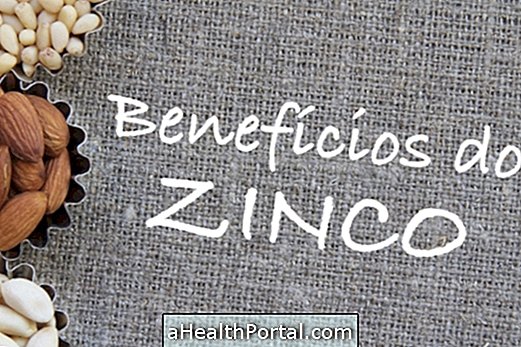
Main Benefits of Zinc
The main benefits of zinc for health are:
- Stimulates child growth;
- Contributes to soft, shiny hair, fighting the fall;
- Helps in the absorption of vitamin A;
- Stimulates thyroid function;
- Protects the nervous system and body from infections because it acts on the immune system;
- Prevents Type 2 Diabetes;
- It contributes to weight loss because it improves the action of insulin;
- It has antioxidant action, protecting the body and improving performance during intense physical exercises.
A healthy diet ensures the daily needs of zinc and so it is advised to regularly consume meats, vegetables and cereals. However, in case of deficiency of this mineral may be indicated the supplementation for a period of time indicated by the doctor.
How to know if I have enough zinc
Healthy people, who eat differently, rarely have zinc deficiency due to diet. However, this deficiency may also occur in people who undergo hemodialysis and in cases of severe or persistent diarrhea. Some medications that can lead to this deficiency are antihypertensive, thiazide diuretics, omeprazole and sodium bicarbonate.
The best way to know if there is zinc deficiency is through examination of blood or urine. The reference values of zinc in the blood are 70 to 120 ug / dL and up to 900 ug / g in urine.
Zinc deficiency may be related to:
- Malnutrition
- Inflammatory bowel disease
- Nephrotic syndrome
- Burns
- Trauma
- Alcoholic cirrhosis
- Pancreatitis
- Anorexia
- Pernicious or sickle cell anemia
- Cancer with liver metastasis
- Thalassemia
- Tuberculosis
- Hypoalbuminemia
Zinc deficiency can lead to symptoms such as delayed healing of wounds, weak, brittle or whitish nails, and dry, falling hair. Thus, if it is suspected that this mineral is deficient, one must bet on the higher consumption of zinc-rich foods or taking zinc supplements, according to the doctor or nutritionist's advice.
Zinc malfunctions for health
Just as deficiency is evil, excess zinc is also harmful to health and can cause symptoms such as fatigue, fever, and stomach pain. Some situations that can lead to this increase are the excessive supplementation of Zinc and in case of diseases such as Chronic Heart Failure, Osteosarcoma or Atherosclerosis, for example.
